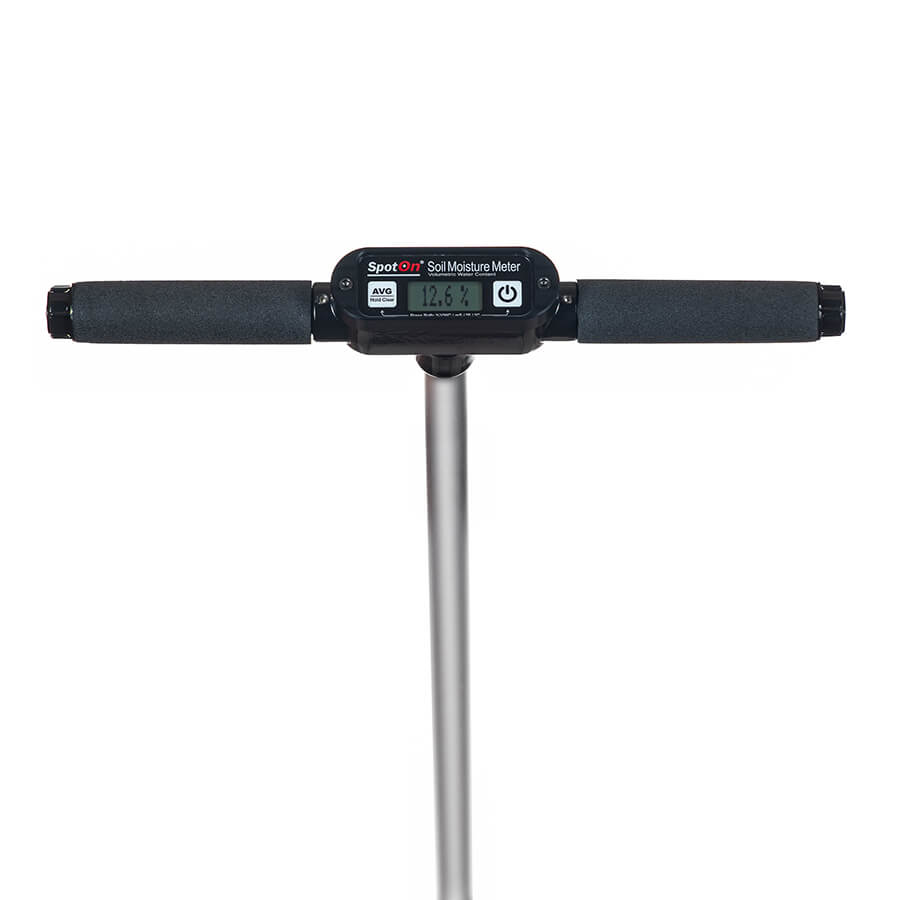Moisture Meter Reviews: Contrasting the most effective Versions for Expert and DIY Use
Moisture Meter Reviews: Contrasting the most effective Versions for Expert and DIY Use
Blog Article
The Ultimate Overview to Moisture Meters: A Comprehensive Review and Just How They Can Conserve You Money
In the realm of structure maintenance, building, and different markets, the significance of properly measuring wetness degrees can not be overemphasized. Dampness meters function as vital tools in spotting and monitoring moisture content in products, assisting in avoiding pricey problems and making sure the top quality of products. Understanding the subtleties of various types of dampness meters, their applications, and the potential cost-saving benefits they supply can be a game-changer for companies and experts alike. Uncovering exactly how these devices can not just streamline procedures however also add to economic savings is a journey worth beginning on.
Sorts Of Moisture Meters
One common kind is the pin-type dampness meter, which gauges the electric resistance between two pins inserted into a product. Pinless moisture meters, on the various other hand, use electromagnetic sensing unit plates to check a larger area without triggering damages to the material's surface area.
Infrared moisture meters determine the thermal buildings of a product to identify its dampness content non-invasively, making them valuable for applications where pin or pinless meters may not be appropriate. Understanding the different types of moisture meters offered can help markets pick the most appropriate device for their certain wetness dimension requirements.

Advantages of Making Use Of Moisture Meters

Furthermore, using dampness meters can lead to increased energy efficiency. By recognizing areas with high moisture degrees, such as leakages or bad insulation, changes can be made to enhance power conservation and minimize utility costs. In agricultural settings, dampness meters play a vital duty in enhancing plant yields by making it possible for farmers to check soil dampness degrees and make educated watering decisions. On the whole, the benefits of making use of wetness meters span throughout numerous sectors, offering affordable solutions and advertising much better quality assurance techniques.
Exactly How to Pick the Right Moisture Meter
Picking the ideal wetness meter includes considering essential aspects such as product compatibility, dimension variety, and calibration precision. When selecting a moisture meter, it's essential to guarantee that the meter appropriates for the certain material you will be testing. Various products have varying electrical residential or commercial properties that can impact wetness readings, so choosing a meter developed for your material is essential for accurate outcomes. Furthermore, think about the dimension range of the wetness meter. Make sure that the meter can spot wetness degrees within the variety needed for your applications. Calibration precision is another essential element to remember (Moisture Meter). Go with a dampness meter with reliable calibration to make sure precise and constant readings. Some meters may require regular calibration adjustments, so recognizing the calibration procedure is crucial. By meticulously see page reviewing these elements, you can choose a moisture meter that satisfies your requirements and gives precise wetness measurements for your jobs.
Proper Methods for Moisture Meter Use
To ensure exact dampness readings and maximize the efficiency of a moisture meter, utilizing proper techniques is discover here necessary. When utilizing a pin-type moisture meter, place the pins or probes right into the product being examined up until they make complete contact. By complying with these proper techniques, customers can count on their dampness meter to give reliable moisture levels, assisting in stopping pricey damages or guaranteeing quality in numerous applications.

Cost Financial Savings Via Moisture Meter Applications
Exactly how can the strategic utilization of moisture meters lead to significant expense financial savings across numerous sectors? In the farming industry, moisture meters aid in identifying the ideal time for gathering plants, protecting against over-drying or excess wetness that can affect the last item's high quality.

Additionally, in the food processing market, dampness meters are important for keeping track of product quality and guaranteeing conformity with security laws. By accurately measuring wetness content in food products, manufacturers can stop perishing, maintain freshness, and reduce waste, causing considerable cost financial savings. Overall, the calculated application of wetness meters is a valuable investment that can lead to significant cost decreases and improved effectiveness across different markets.
Final Thought
In verdict, wetness meters are important devices for spotting and gauging dampness degrees in various materials. By using the right wetness meter and complying with correct techniques, customers can successfully avoid costly problems created by excess dampness.
Wetness meters offer as indispensable devices in detecting and checking Going Here moisture web content in products, helping in protecting against expensive problems and making certain the quality of items. Infrared wetness meters determine the thermal properties of a material to determine its dampness web content non-invasively, making them beneficial for applications where pin or pinless meters may not be suitable.Moisture meters offer invaluable advantages in properly checking and evaluating dampness degrees in diverse products and environments. In agricultural settings, wetness meters play an essential duty in maximizing crop yields by enabling farmers to monitor dirt dampness degrees and make educated watering decisions.In final thought, dampness meters are important tools for identifying and gauging dampness levels in different materials.
Report this page